William Carcioppolo and Brett Scroggins Obtained a Defense Verdict for an Emergency Room Physician, His Employer, and the Hospital in West Palm Beach
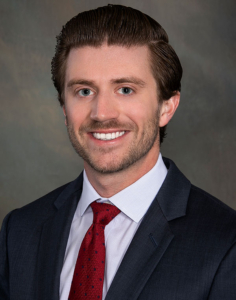
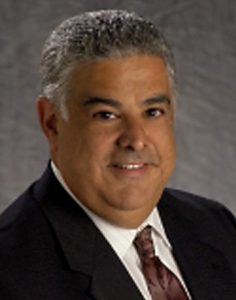 William “Vito” Carcioppolo and Brett Scroggins were successful in obtaining a defense verdict for an emergency room physician, his employer, and the hospital in West Palm Beach. The plaintiff, a 60 y/o female presented to an Urgent Care facility with 8-day history of worsening headaches and hypertension, a history of migraines but hadn’t had one in years. No history of trauma or hypertension. She was told to go the hospital due to her “intractable headaches and hypertension”. Two hours later she presented to the emergency room where she was seen by the defendant physician presenting with the same history and having been referred by urgent care. The plaintiff alleged the defendant was negligent in failing to order a CT of her brain leading to a delay in diagnosis. Six days later the plaintiff presented to a different emergency room where the history now included sudden onset severe right sided headache and the current headache feeling different then her migraines. A CT was done and revealed a 10mm subdural hematoma with mass effect and a 10mm shift. She was taken to surgery the next day and was recovering nicely until she suffered a re-bleed two days later. Plaintiffs treating neuropsychologist reported she suffers from higher level cognitive deficits, and she could no longer work as a Neonatal Nurse practitioner which she had done for years.
William “Vito” Carcioppolo and Brett Scroggins were successful in obtaining a defense verdict for an emergency room physician, his employer, and the hospital in West Palm Beach. The plaintiff, a 60 y/o female presented to an Urgent Care facility with 8-day history of worsening headaches and hypertension, a history of migraines but hadn’t had one in years. No history of trauma or hypertension. She was told to go the hospital due to her “intractable headaches and hypertension”. Two hours later she presented to the emergency room where she was seen by the defendant physician presenting with the same history and having been referred by urgent care. The plaintiff alleged the defendant was negligent in failing to order a CT of her brain leading to a delay in diagnosis. Six days later the plaintiff presented to a different emergency room where the history now included sudden onset severe right sided headache and the current headache feeling different then her migraines. A CT was done and revealed a 10mm subdural hematoma with mass effect and a 10mm shift. She was taken to surgery the next day and was recovering nicely until she suffered a re-bleed two days later. Plaintiffs treating neuropsychologist reported she suffers from higher level cognitive deficits, and she could no longer work as a Neonatal Nurse practitioner which she had done for years.
Plaintiff emergency medicine expert testified the standard of care required the defendant order a CT scan on a 60 y/o female who had worsening headaches and hypertension. Plaintiffs’ neurosurgery expert testified the failure to order a CT resulted in a delay in diagnosis which allowed her to continue to bleed causing increased pressure on her brain over the 6 days which he testified was the cause of her current neurocognitive deficits.
The defense emergency medicine expert testified her only complaint consistent with a SDH was her headache which was alleviated by the treatment rendered by the defendant. The standard of care did not require a CT scan be done. The defense neurosurgery expert testified her damages were the result of her re-bleed and not from the timing of the diagnosis.
Plaintiff sought a total of 6.8 million dollars in damages. After a weeklong trial the jury returned a verdict in just over two add a half hours finding no negligence.
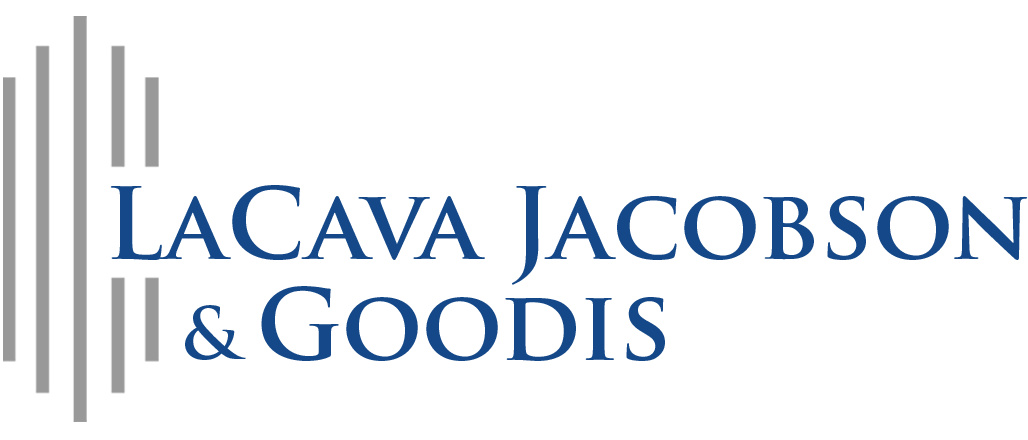
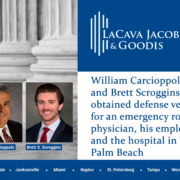
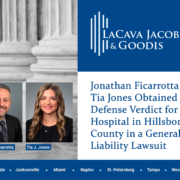
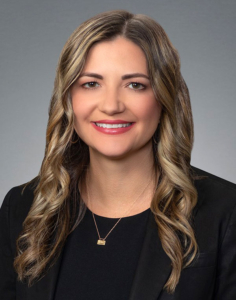
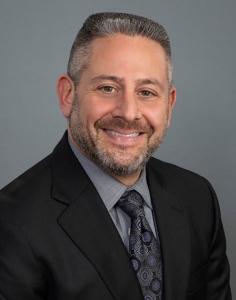
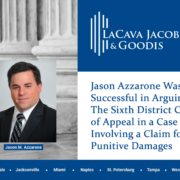
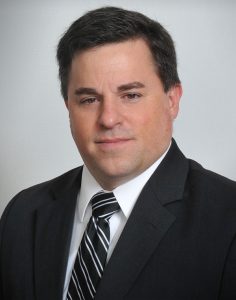
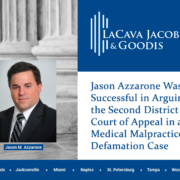
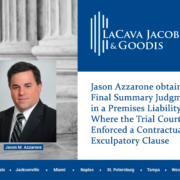
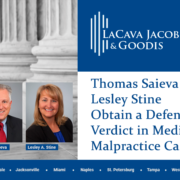

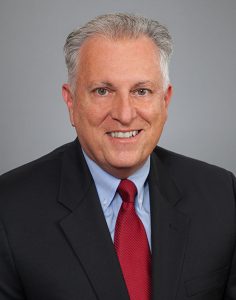
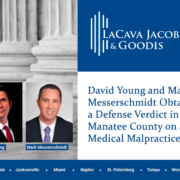
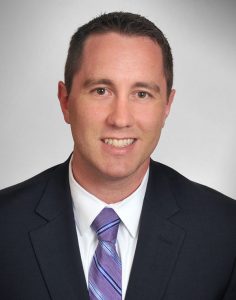
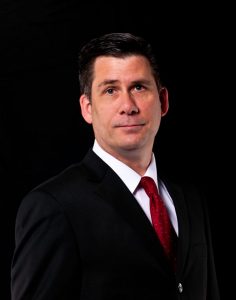
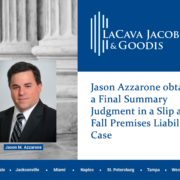
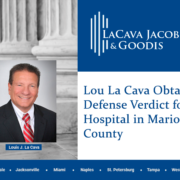

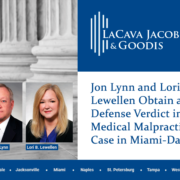



 litigation and appeals in all Florida state and federal courts.
litigation and appeals in all Florida state and federal courts.